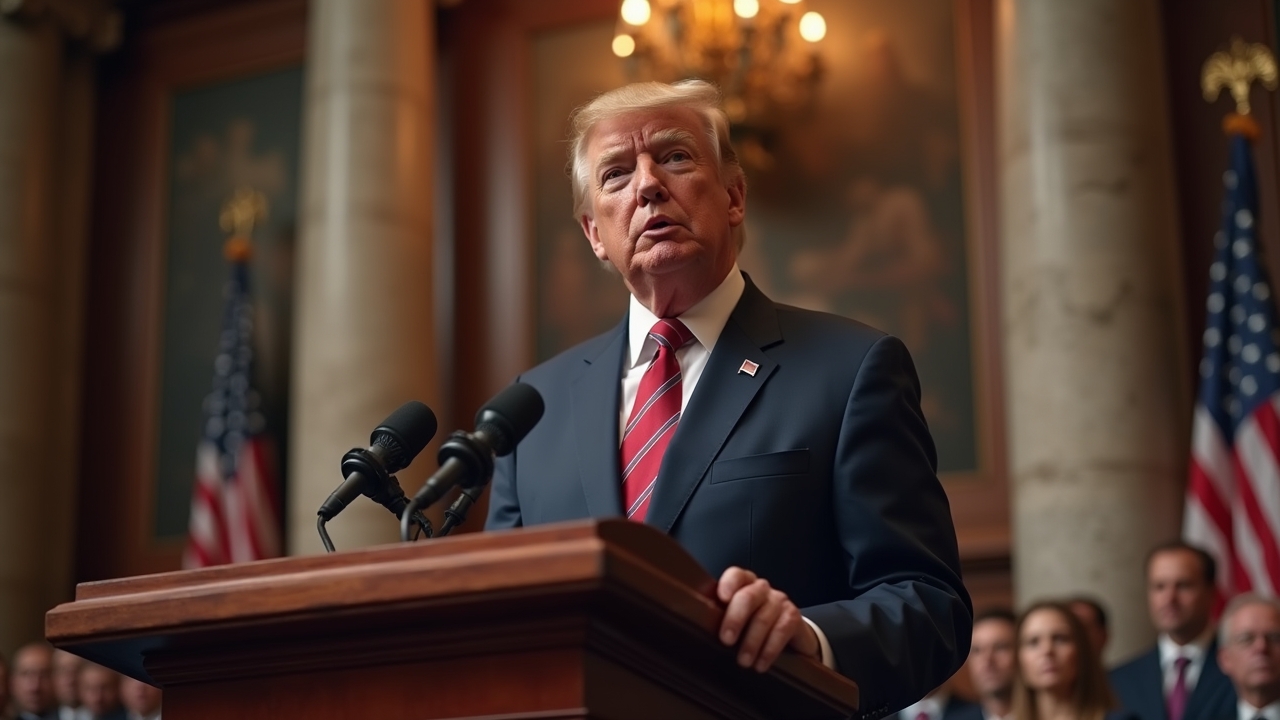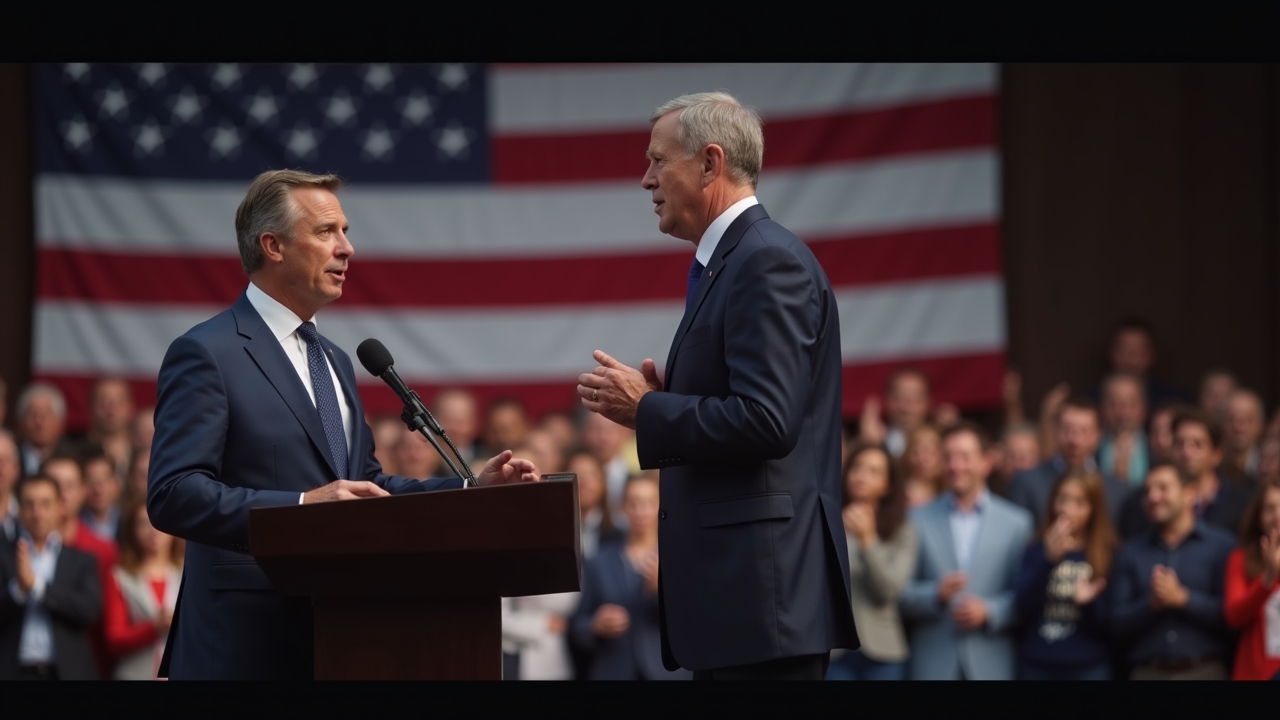PROTECT YOUR DNA WITH QUANTUM TECHNOLOGY
Orgo-Life the new way to the future Advertising by AdpathwayDeputy Attorney General Todd Blanche has taken a firm stance against California officials who appear to be conspiring against federal immigration enforcement. In a direct address, he warned prominent state figures like Rep. Nancy Pelosi, Gov. Gavin Newsom, AG Rob Bonta, and DA Brooke Jenkins about the severe ramifications they could face if they continue to interfere with law enforcement officials tasked with enforcing federal immigration laws. Blanche asserted that any such interference could lead to criminal prosecution.
The urgency of Blanche’s warning underscores a critical issue facing law enforcement today. He condemned the actions of California’s politicians, drawing attention to how they have called for federal agents to face arrest for carrying out their duties. “Rather than supporting and working with federal law enforcement professionals,” he pointed out, “California politicians… have instead called for state and local law enforcement officials to ‘arrest’ federal agents.” This confrontation raises questions about state versus federal authority in the enforcement of immigration laws.
Blanche’s remarks echo a growing frustration with California’s sanctuary laws, which many believe obstruct federal efforts to manage illegal immigration. He made it clear that the Department of Justice views any attempt to arrest federal agents as not just illegal but also “futile.” He highlighted that numerous federal laws expressly prohibit such obstruction. The stark warning that followed—encouraging California officials to step back from what he classified as a criminal conspiracy—speaks volumes about the current tensions between state and federal jurisdictions.
In a display typical of California’s political theater, Pelosi and Rep. Kevin Mullin countered Blanche’s assertions. They claimed that while federal agents might operate under the protection of the President, that immunity does not apply if they break state law. Their response is part of a broader narrative among Democrats who contend that local authorities have the right to act if they believe federal agents are stepping out of line. This assertion provokes further scrutiny of the legal frameworks that govern the relationship between state and federal law enforcement.
The comments from American First Legal (AFL) add another layer to this ongoing conflict. The group contests the validity of California’s sanctuary policies, arguing that they not only contravene federal law but also infringe upon the rights of local law enforcement. “States do not have the power to overturn federal law,” AFL stated, challenging the legitimacy of California’s approach to immigration enforcement. Their criticisms emphasize the legal and ethical dilemmas surrounding the treatment of illegal immigrants—laws that some believe place local officers in precarious positions, forcing them to choose between state directives and federal obligations.
AFL’s assertion that California’s sanctuary laws impede local law enforcement’s ability to cooperate with federal agents is a poignant critique of a rapidly escalating situation. Their statements paint a picture of law enforcement shackled by conflicting legal standards, reinforcing the notion that public safety may be at risk when localities prioritize their own policies over federal mandates. The argument that these laws shield illegal immigrants while jeopardizing communities resonates with those advocating for stricter immigration controls.
The warning from Deputy AG Blanche, along with the ensuing debates among California’s leaders, highlights a critical moment in the dialogue surrounding immigration enforcement. The stakes are clear: failure to resolve these tensions risks not only legal consequences for state officials but also the safety of citizens who depend on law enforcement to uphold the law without bias or obstruction. Blanche’s command echoes a firm stance on prioritizing federal law, urging California to reconsider its approach or face serious consequences. As this situation unfolds, it remains to be seen how state and federal authorities will navigate these complex legal waters.
"*" indicates required fields


 20 hours ago
2
20 hours ago
2


















.jpg)






 English (US) ·
English (US) ·  French (CA) ·
French (CA) ·